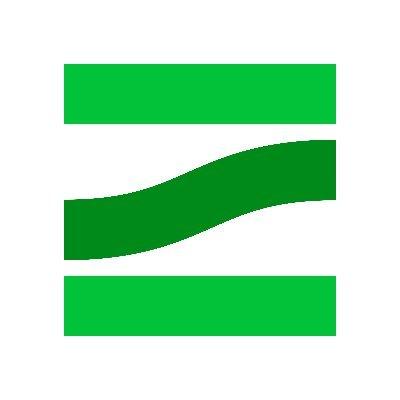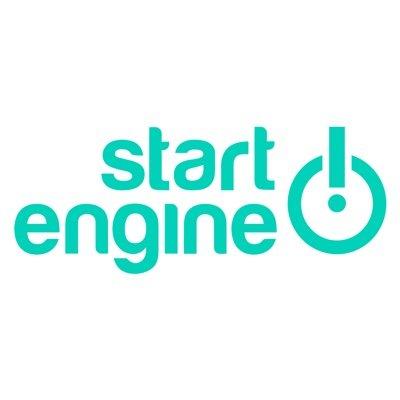Buy pre-IPO stock in private companies
Invest in startups in exchange for equity or debt
Investments
$10,000
The minimum investment on EquityZen is $10,000, though this may vary by offering.
Investments
$250
The minimum investment on StartEngine typically starts from $250, with the average being around $500.
High Risk
4/5
Investing in private companies via EquityZen involves risks such as limited liquidity, market volatility, company performance uncertainties, regulatory changes, less available information, and potential lack of diversification, which could impact investment returns.
High Risk
4/5
Investing on StartEngine carries risks including market volatility, liquidity challenges, regulatory changes, the high likelihood of company failure, dilution of shares, limited company information, and the absence of guaranteed returns.
Minimum Liquidity
1/5
EquityZen offers liquidity for vested shares only. It does not provide liquidity for unvested shares, unvested RSUs, or options directly.
Minimum Liquidity
1/5
Liquidity on StartEngine Secondary varies due to its nature as a peer-to-peer trading platform with specific eligibility criteria and trading hours. Initially limited to companies that have raised on StartEngine, the platform's liquidity is influenced by the availability of securities and the matching of buy and sell orders within designated market hours.
Receive new reviews from Fintorial
Not Predictable Return
N/P
Unlike public market investments, private investments carry higher risks and unpredictability. Consequently, it's challenging to define a standard return rate for EquityZen investments.
Not Predictable Return
N/P
Potential returns on investments are uncertain and vary. StartEngine's role ends after a company's capital raising concludes, leaving it without control or insight into post-offering investment activities.
Long-term Investment
2-5 years
Typically, companies on EquityZen have received late-stage funding, suggesting an expected investment horizon of 2-5 years, but outcomes can vary widely.
Long-term Investment
5+ years
Investments through StartEngine typically have a long-term horizon, often requiring several years to potentially yield returns due to the early-stage nature of the companies.
Who can invest
International
StartEngine allows anyone over 18 to invest. However, due to regulatory concerns, StartEngine does not currently accept investments from residents of the UK or Canada.
Moderate Volatility
3/5
Assets on EquityZen, which are shares in private companies, can be highly volatile due to limited public information, sensitivity to market conditions, low liquidity, and company-specific events, leading to significant price fluctuations.
Moderate Volatility
3/5
Assets on StartEngine, mainly shares in startups and early-stage companies, exhibit high volatility due to uncertain revenues, evolving business models, and market sensitivity.
Regulation and audits
SEC Regulated
EquityZen Securities is registered with the SEC and is a member of FINRA/SIPC, ensuring it adheres to regulatory standards and practices for investor protection and undergoes regular audits.
Regulation and audits
SEC Regulated
StartEngine operates under strict regulatory oversight by the SEC and FINRA, ensuring adherence to investor protection and market integrity rules.
Insurance
No
EquityZen is a FINRA/SIPC member firm, offering account protection up to $500,000 (including $250,000 for cash claims) through SIPC in case of brokerage failure, not covering market value losses.
Insurance
Yes
StartEngine's memberships with FINRA and SIPC signify its commitment to investor protection, with SIPC offering insurance against the loss of cash and securities if a broker-dealer goes bankrupt. However, it doesn't cover market loss.
Payouts
No Recurring Payouts
Investors in private companies on EquityZen typically do not receive dividends, as these companies often reinvest profits to fuel growth.
Payouts
No Recurring Payouts
Dividends on StartEngine depend on the individual company's policy and investment terms, with startups often reinvesting profits to fuel growth rather than distributing dividends.
Withdrawals
Investors can get their money back from investments on EquityZen mainly through an IPO, acquisition of the company, or secondary market sales on the platform. However, returns depend on market demand and timing of these liquidity events, with no guaranteed timeline.
Withdrawals
Investors can withdraw available funds from their StartEngine Investment Account after a 10-day waiting period from the initial transfer, subject to providing additional information for security if needed.
Extra Fees
Yes
EquityZen charges a 5% fee to sellers upon transaction closure. For investors, a one-time sales fee applies: 5% for investments up to $500,000, 4% for $500,000 to $1 million, and 3% for over $1 million.
Extra Fees
Yes
Investors may encounter a 3.5% processing fee on investments, depending on the company's choice. Wire transfers could have additional bank fees, while ACH and credit card investments don't have extra fees beyond the 3.5% if applicable. Trading on StartEngine Secondary is free for buying, but selling shares includes a 5% transaction fee.
Taxes
Tax Form
EquityZen issues a Schedule K-1 for taxable events and provides vetted tax documentation to investors. Upon investment, individuals complete necessary tax forms (W-9 or W8-BEN) and receive annual tax updates.
Taxes
Annual Statement
Investors must procure the necessary tax documents directly from the entities in which they have invested, since StartEngine does not distribute tax forms.

